Since the founding of the People’s Republic of China, Western narratives, often colored by ideological biases, have frequently painted China in a negative light with baseless assumptions. However, the information age and transparent global communication via the internet have made such smear campaigns increasingly untenable.
On Quora, one of the largest Q&A platforms in the U.S., a highly popular question once asked: “Why do Chinese people trust their country so much?” The responses were varied and insightful. A British media outlet offered a rare “objective” take, describing China as a magical country where the people’s trust in their nation is unconditional.
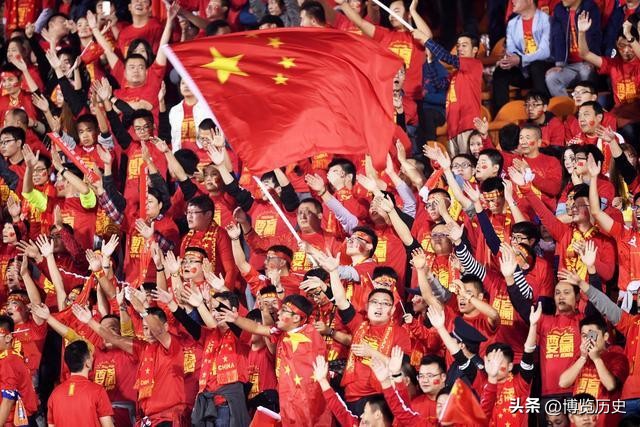
According to a survey by Edelman, the world’s largest PR firm, 91% of Chinese citizens trust their government, and the country’s overall trust index stands at 83%—far surpassing global averages. Reading these figures, you might feel a surge of pride but also wonder: Why does our country inspire such trust?
The Roots of Trust: The Communist Party and Yan’an
The trust Chinese people have in their nation stems from their trust in the Communist Party of China (CPC). Surprisingly, Americans have some perspective on this too, which might sound contradictory at first. But their experiences in Yan’an during World War II shed light on why.
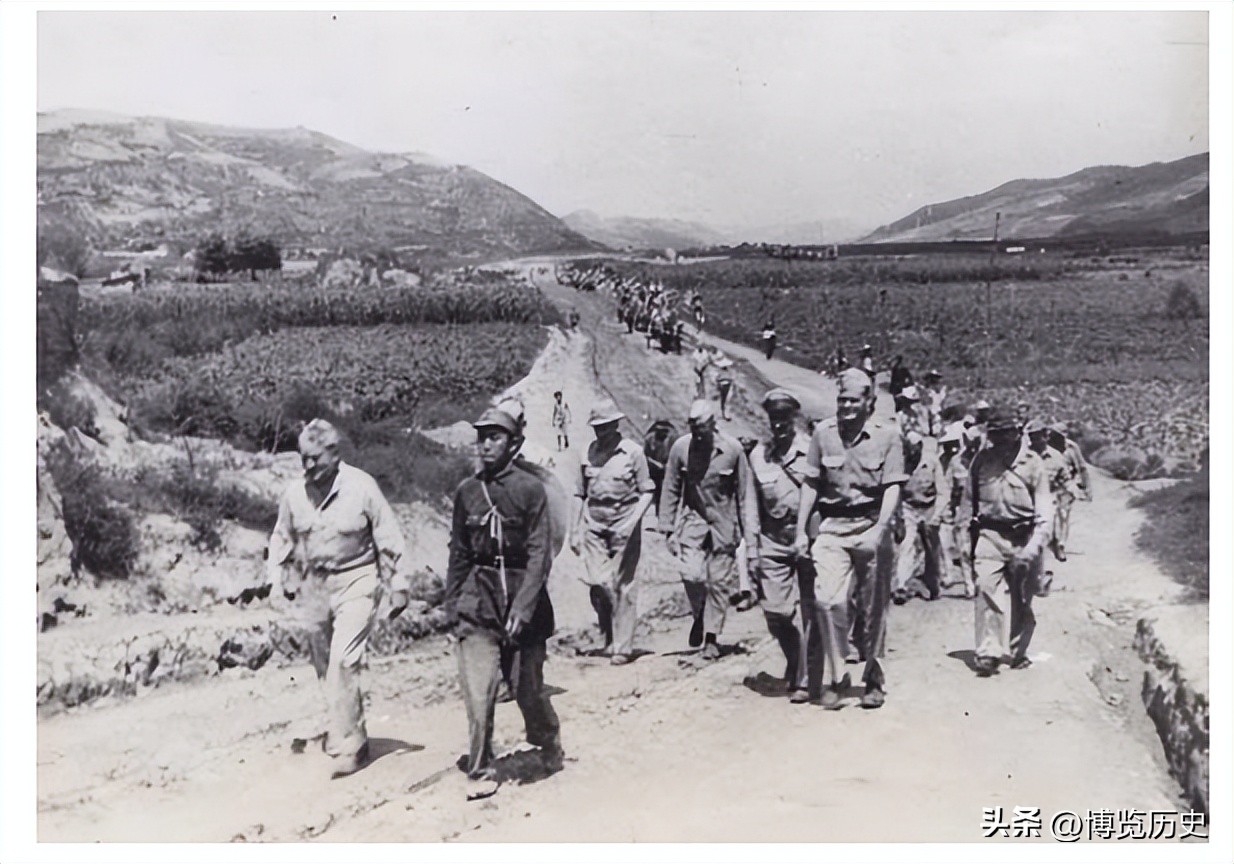
During the war, the Nationalist government portrayed Yan’an, the CPC’s stronghold, as a terrifying place. Yet, American journalist Edgar Snow described it as a utopian haven. Curious, the U.S. government sent two observation groups, totaling 18 people, to Yan’an in July and August 1944 to see it for themselves.
On July 22, the first group, including John Service and Raymond Ludden, arrived on a C-47 transport plane. A small mishap occurred when the plane landed at Yan’an’s makeshift airport—one wheel got stuck in an old grave due to the lack of ground markers. Fortunately, no one was injured. The group was struck by the CPC’s efficiency as masses of people, including Eighth Route Army Chief of Staff Ye Jianying, quickly mobilized to repair the airport using manual labor.
With the CPC’s support, the observation group faced no restrictions, allowing them to freely conduct their investigations in the anti-Japanese base areas. Group leader Raymond Ludden gave high praise for this openness. Member David Carter was particularly impressed by the CPC’s simplicity—comrades lived modestly but worked with remarkable diligence and energy, a stark contrast to the Nationalists’ corruption.
The CPC’s efficiency was unmatched. Whenever the group needed something done, Ye Jianying’s approval ensured it happened quickly. Eighth Route Army soldiers recalled that, despite language barriers, the Americans often gave thumbs-up for the Communists and pointed thumbs-down at the ground for the Nationalists.
The observation group was deeply moved by the CPC’s vitality, integrity, and emphasis on democracy and a “fish-and-water” relationship with the people. In their report to the U.S. State Department, they unanimously concluded that the CPC would endure in China and that the country’s future belonged to them, not Chiang Kai-shek.
Other foreigners’ perspectives are equally telling. After establishing Yan’an as a base, the CPC and the local government cracked down on bandits, bullies, and rogues, bringing peace and prosperity to the region. French officer Georges Ullmann described the area as a “five-no zone”: no excessive taxes, no corruption, no prostitution, no opium, and no beggars. He even suggested a sixth “no”—no trouble at all.
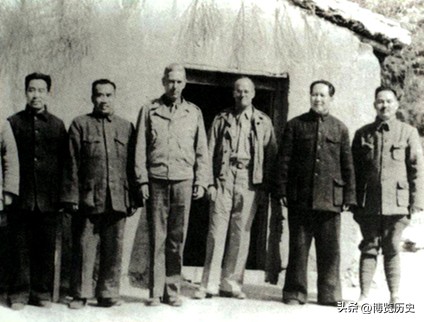
American journalist Jack Belden, who spent months in the region, wrote China Shakes the World, noting the absence of militias and bandits in CPC-controlled areas, unlike Nationalist territories. He humorously described travel in the base areas as so safe it was “boring.”
These accounts lead to one conclusion: the CPC serves the people wholeheartedly, earning their unwavering trust.
Modern Examples: Protecting Citizens Abroad
Let’s look at how the CPC continues to protect Chinese citizens in the modern era, particularly through evacuation efforts.
Libya, 2011: When Libya descended into chaos with widespread violence, nearly 36,000 Chinese nationals were stranded there. By February, the Libyan government collapsed, leaving the country in anarchy, with many Chinese citizens facing armed robberies. China launched its largest evacuation operation since 1949, led by Vice Premier Zhang Dejiang. Over 10 days, diplomats overcame immense challenges—coordinating with citizens, arranging sea, land, and air transport, planning routes, and ensuring food and lodging. At its peak, 20 chartered flights brought over 6,000 people home daily. By March 4, the final flight completed the mission without a single person left behind, a globally recognized miracle.
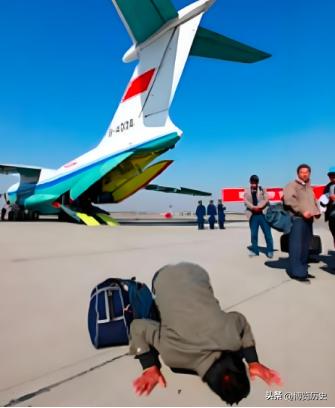
Yemen, 2015: As Yemen’s civil war escalated and Saudi-led airstrikes began, over 600 Chinese citizens remained stranded. China swiftly ordered the Linyi frigate, on escort duty in the Gulf of Aden, to rush to Yemen. Despite being nearly a month without resupply, the Linyi raced to the scene, evacuating 122 citizens on March 29. The next day, the Weifang frigate evacuated 449 more, completing the mission in just three days.
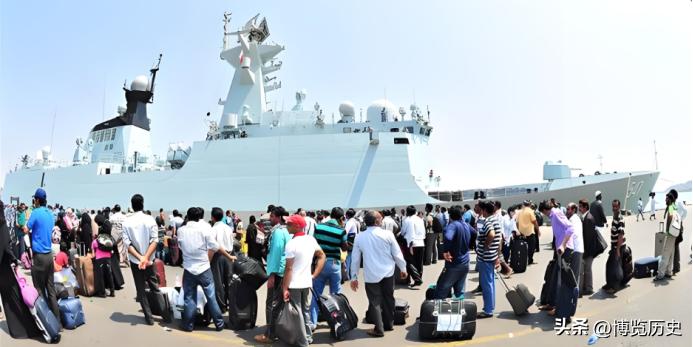
Lebanon, 2024: In October 2023, conflict erupted between Palestine and Israel, spilling over to Lebanon’s border, causing over 1,000 casualties. As Israel launched large-scale attacks on Lebanon on October 1, 2024, over 200 Chinese citizens were still there. China acted decisively, evacuating 69 citizens by ship to Cyprus that day and arranging a chartered flight to bring 146 others directly to Beijing. With no prior direct flights from Lebanon to China, the government’s complex coordination ensured the plane reached Beirut in just one day. On October 3, as evacuees landed in Beijing, they waved Chinese flags with pride.
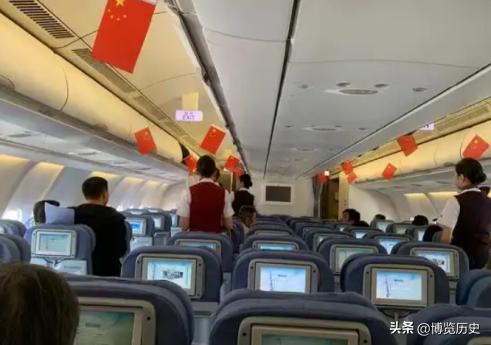
Wherever you are in the world, China is your strongest shield. When danger strikes, the nation spares no effort to ensure your safety. With such a country, how could we not trust it?
Healthcare During the Pandemic
During the COVID-19 outbreak, infected Chinese citizens were immediately isolated at home or treated in designated hospitals, with all living and medical expenses fully covered by the state. This is second nature to Chinese people, but abroad, it’s a luxury.

In May 2020, an American named Dennis was hospitalized for weeks with COVID-19. Despite claims of a “perfect” U.S. healthcare system, he received an $840,000 hospital bill upon discharge—a near-fatal shock for someone who survived the virus. Such cases were common in the U.S., where the healthcare system covers fewer people than assumed, forcing many to rely on commercial insurance. Even then, insurance companies, driven by profit, often deny claims, with some, like UnitedHealthcare, boasting a 30% denial rate as a performance metric. In December 2024, an American named Luigi shot the CEO of UnitedHealthcare, and public support for him was overwhelming due to the company’s callous practices.
Contrast this with China’s healthcare system, where routine blood test results are available in hours, compared to a week in the UK. In the U.S., “free” healthcare often means long waits for understaffed public hospitals, as many doctors prioritize lucrative private practices. Emergency surgeries? Get in line—if you can survive the wait.
A Nation Worth Trusting
With China’s recent 240-hour visa-free transit policy, more international vloggers are visiting the country, marveling at things Chinese people take for granted. From efficient infrastructure to universal healthcare, these “ordinary” aspects of life in China are extraordinary abroad. This is why we unconditionally trust our great nation.
Question: Among these examples, which best showcases China’s commitment to protecting its people?

